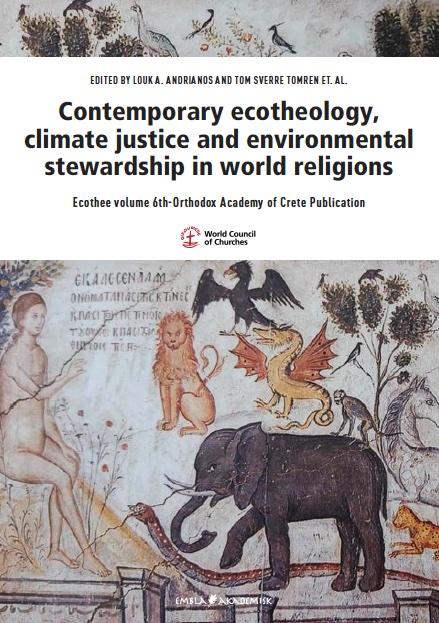Displaying 1 - 20 of 32
HIV and AIDS Civil Society Networks and the Faith Sector
Lessons Learnt from Strategic Engagement in India, Dominican Republic, Indonesia, and Jamaica
31 January 2023
Neddy Astudillo at COP27: “We still have the power to protect life”
18 November 2022
Christian Brooks: “Faith and climate really go hand-in-hand”
14 November 2022
Assembly workshop looked toward ending AIDS epidemic by 2030
19 September 2022
Contemporary Ecotheology, Climate Justice and Environmental Stewardship in World Religions
Ecothee Volume 6th-Orthodox Academy of Crete Publication
19 December 2021
Webinar explores intersection of debt cancellation and anti-racism
09 December 2021


















